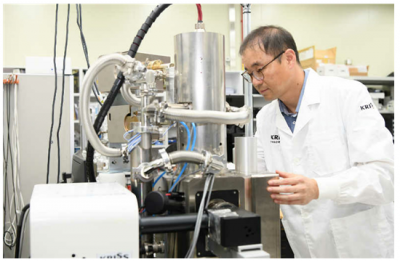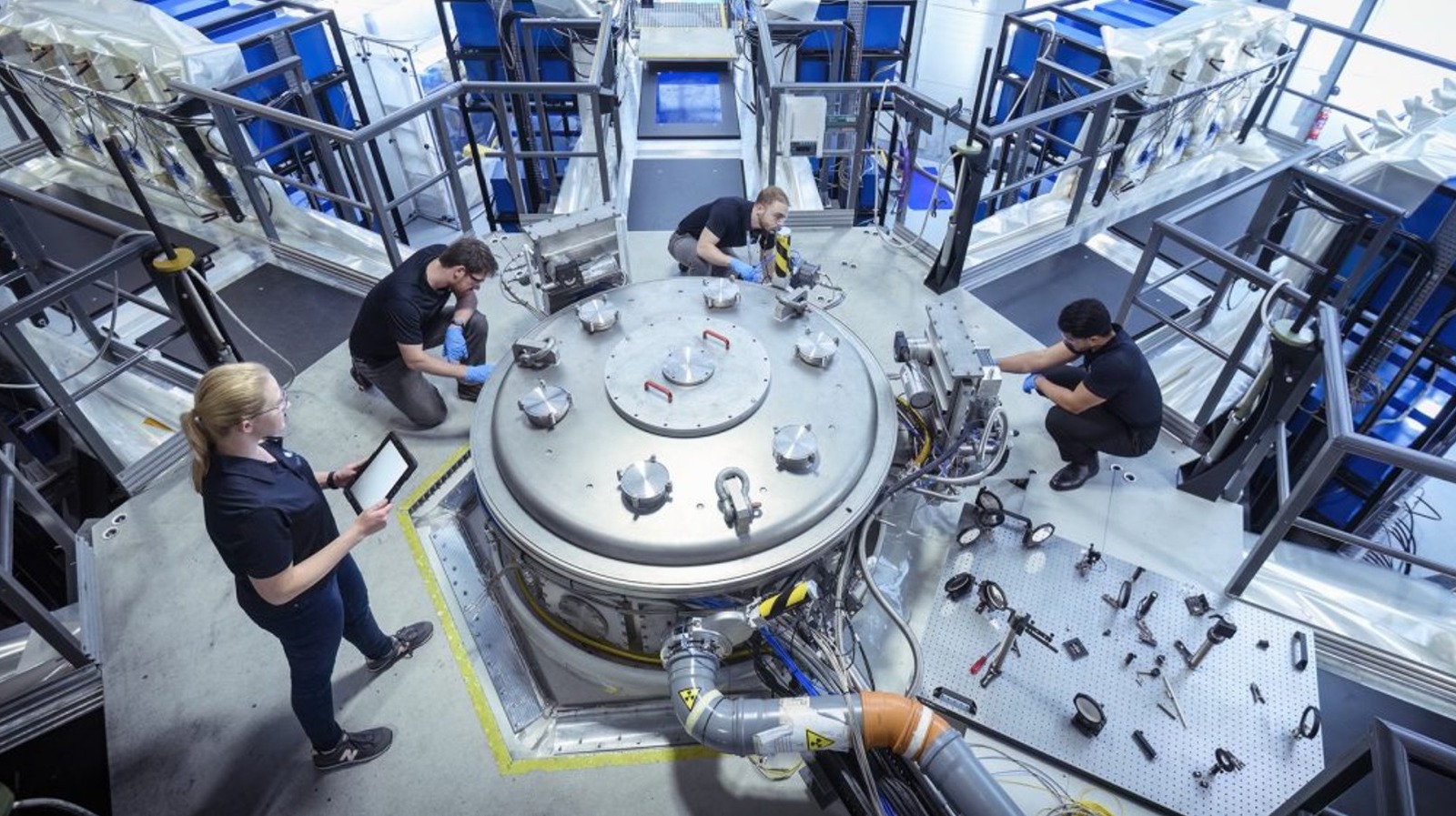The Korea Research Institute of Standards and Science (KRISS) has unveiled a groundbreaking development in microscopy. The institute has created an artificial intelligence (AI)-based image segmentation algorithm capable of swiftly reconstructing three-dimensional (3D) structures from two-dimensional (2D) cross-sectional images obtained through a scanning electron microscope (SEM). This innovation promises to enhance the analysis of biological samples, significantly impacting various scientific fields.
The new algorithm represents a significant leap in imaging technology. Traditionally, extracting 3D structures from 2D images has been a time-consuming and complex process. With this AI-driven approach, researchers at KRISS have managed to streamline the reconstruction process, allowing for rapid and accurate visualization of microscopic worlds.
Transformative Potential in Scientific Research
This advancement has far-reaching implications for scientific research and development. By facilitating quicker and more precise reconstructions, the algorithm enhances the ability of researchers to study cellular structures and processes in detail. The capacity to visualize 3D models from 2D data could accelerate discoveries in fields such as biology, materials science, and nanotechnology.
According to Lee Ho Seong, President of KRISS, this technology not only improves efficiency but also opens new avenues for understanding complex biological interactions. “Our AI algorithm will enable researchers to explore cellular structures with unprecedented clarity,” he stated, highlighting the potential of this tool in advancing scientific knowledge.
The algorithm’s design leverages advanced machine learning techniques, allowing it to recognize patterns and structures within the 2D images effectively. This capability reduces the reliance on manual reconstruction methods, which are often prone to human error and can take substantial time to complete.
Implications for Future Research
As the demand for high-resolution imaging in research grows, the ability to reconstruct 3D models from SEM data becomes increasingly vital. This innovation from KRISS positions the institute at the forefront of microscopy advancements, potentially influencing future technologies and methodologies in the scientific community.
The success of this project underscores the importance of interdisciplinary collaboration, combining expertise in artificial intelligence and microscopy. As more researchers adopt this technology, the impact could extend beyond individual studies to broader applications in healthcare, environmental science, and industrial research.
In conclusion, the development of this AI-based image segmentation algorithm by KRISS marks a notable advancement in microscopy. By transforming how researchers visualize 3D structures from 2D images, it paves the way for a new era of scientific exploration and discovery. The implications of this technology are vast, promising to enhance our understanding of the microscopic world and its complexities.







